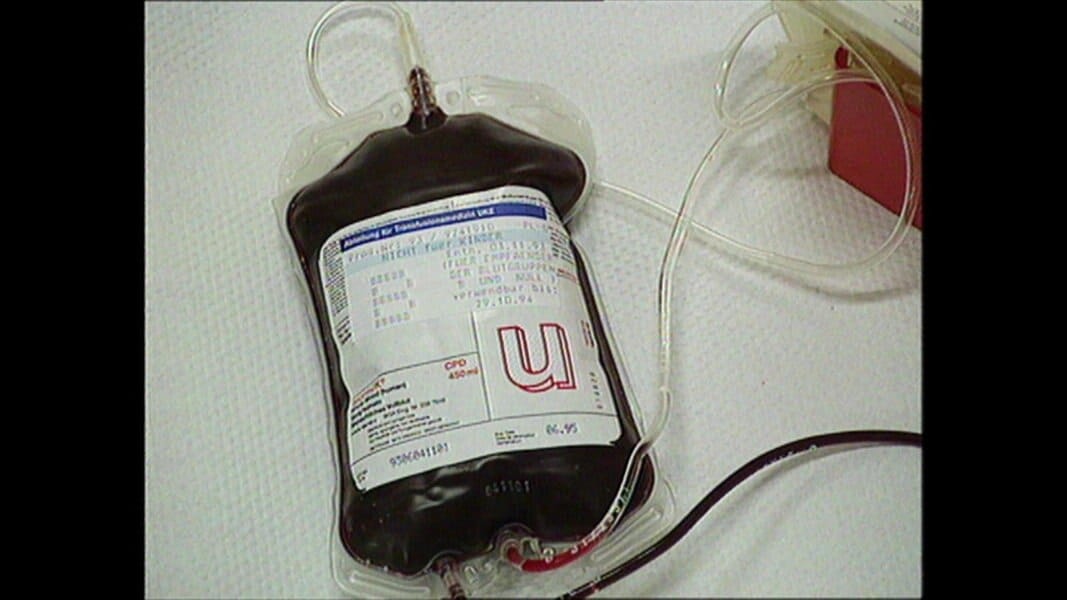Alcohol consumption has long been a part of many cultures around the world, often associated with social gatherings, celebrations, and relaxation. However, growing evidence suggests that alcohol may also play a significant role in increasing the risk of developing certain types of cancer. Understanding this relationship is crucial for individuals who consume alcohol and for public health initiatives aimed at reducing cancer incidence.
Research has shown that alcohol is a carcinogen, meaning it has the potential to cause cancer in humans. The International Agency for Research on Cancer (IARC), part of the World Health Organization (WHO), classifies alcohol as a Group 1 carcinogen, which indicates that there is sufficient evidence to conclude that it can cause cancer in humans. This classification is based on extensive studies that have identified a clear link between alcohol consumption and various cancers.
One of the primary mechanisms through which alcohol increases cancer risk is through its metabolism in the body. When alcohol is consumed, it is metabolized into acetaldehyde, a toxic compound that can damage DNA and proteins. This damage can lead to mutations that may contribute to the development of cancer. Additionally, alcohol can impair the body’s ability to absorb essential nutrients, such as folate, which is vital for DNA synthesis and repair. A deficiency in these nutrients can further increase the risk of cancer.
The types of cancer most commonly associated with alcohol consumption include breast cancer, liver cancer, colorectal cancer, and esophageal cancer. Studies have shown that even moderate alcohol consumption can increase the risk of breast cancer in women. For instance, research indicates that women who consume one alcoholic drink per day may have a 10% higher risk of developing breast cancer compared to non-drinkers. The risk increases with the amount of alcohol consumed, with heavy drinkers facing significantly higher risks.
Liver cancer is another area of concern, particularly in individuals with pre-existing liver conditions such as cirrhosis or hepatitis. Chronic alcohol consumption can lead to liver damage, which in turn increases the likelihood of developing liver cancer. Colorectal cancer is also linked to alcohol consumption, with studies suggesting that individuals who consume more than two drinks per day may have a higher risk of developing this type of cancer.
Esophageal cancer is particularly associated with heavy drinking, especially in combination with smoking. The risk of developing esophageal cancer is significantly elevated in individuals who engage in both behaviors, highlighting the compounded effects of alcohol and tobacco on cancer risk.
While the evidence linking alcohol to cancer is compelling, it is essential to consider the context of alcohol consumption. Moderate drinking, defined as up to one drink per day for women and up to two drinks per day for men, may not pose the same level of risk as heavy drinking. However, it is important to note that there is no completely safe level of alcohol consumption when it comes to cancer risk. Even moderate drinkers should be aware of the potential risks and make informed choices about their alcohol intake.
Public health organizations recommend several strategies to reduce the risk of alcohol-related cancers. These include limiting alcohol consumption, choosing alcohol-free days, and being mindful of the types of alcoholic beverages consumed. Additionally, individuals should be encouraged to maintain a healthy lifestyle that includes a balanced diet, regular physical activity, and routine medical check-ups to monitor overall health.
In conclusion, the link between alcohol consumption and cancer risk is well-established, with evidence indicating that alcohol can contribute to the development of several types of cancer. Understanding the mechanisms behind this relationship and the specific cancers associated with alcohol consumption is crucial for individuals and public health initiatives. By making informed choices about alcohol intake and adopting a healthy lifestyle, individuals can take proactive steps to reduce their cancer risk.



